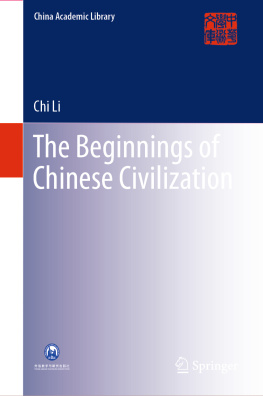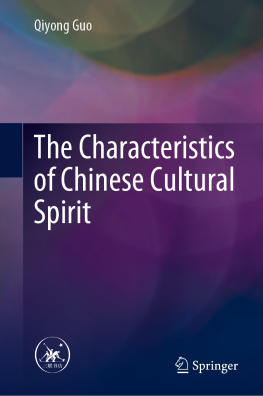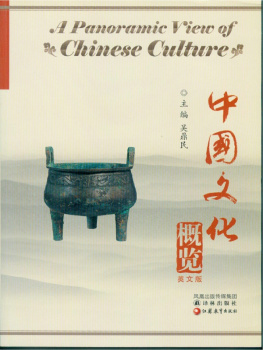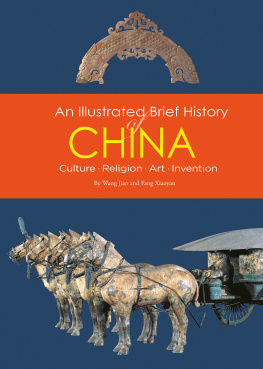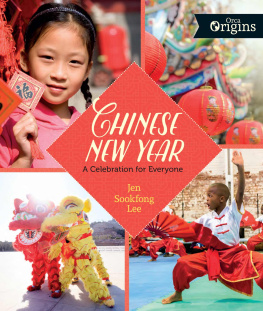Chi Li - The Beginnings of Chinese Civilization
Here you can read online Chi Li - The Beginnings of Chinese Civilization full text of the book (entire story) in english for free. Download pdf and epub, get meaning, cover and reviews about this ebook. year: 2020, publisher: Springer Singapore, genre: Romance novel. Description of the work, (preface) as well as reviews are available. Best literature library LitArk.com created for fans of good reading and offers a wide selection of genres:
Romance novel
Science fiction
Adventure
Detective
Science
History
Home and family
Prose
Art
Politics
Computer
Non-fiction
Religion
Business
Children
Humor
Choose a favorite category and find really read worthwhile books. Enjoy immersion in the world of imagination, feel the emotions of the characters or learn something new for yourself, make an fascinating discovery.
- Book:The Beginnings of Chinese Civilization
- Author:
- Publisher:Springer Singapore
- Genre:
- Year:2020
- Rating:4 / 5
- Favourites:Add to favourites
- Your mark:
- 80
- 1
- 2
- 3
- 4
- 5
The Beginnings of Chinese Civilization: summary, description and annotation
We offer to read an annotation, description, summary or preface (depends on what the author of the book "The Beginnings of Chinese Civilization" wrote himself). If you haven't found the necessary information about the book — write in the comments, we will try to find it.
Chi Li: author's other books
Who wrote The Beginnings of Chinese Civilization? Find out the surname, the name of the author of the book and a list of all author's works by series.
The Beginnings of Chinese Civilization — read online for free the complete book (whole text) full work
Below is the text of the book, divided by pages. System saving the place of the last page read, allows you to conveniently read the book "The Beginnings of Chinese Civilization" online for free, without having to search again every time where you left off. Put a bookmark, and you can go to the page where you finished reading at any time.
Font size:
Interval:
Bookmark:
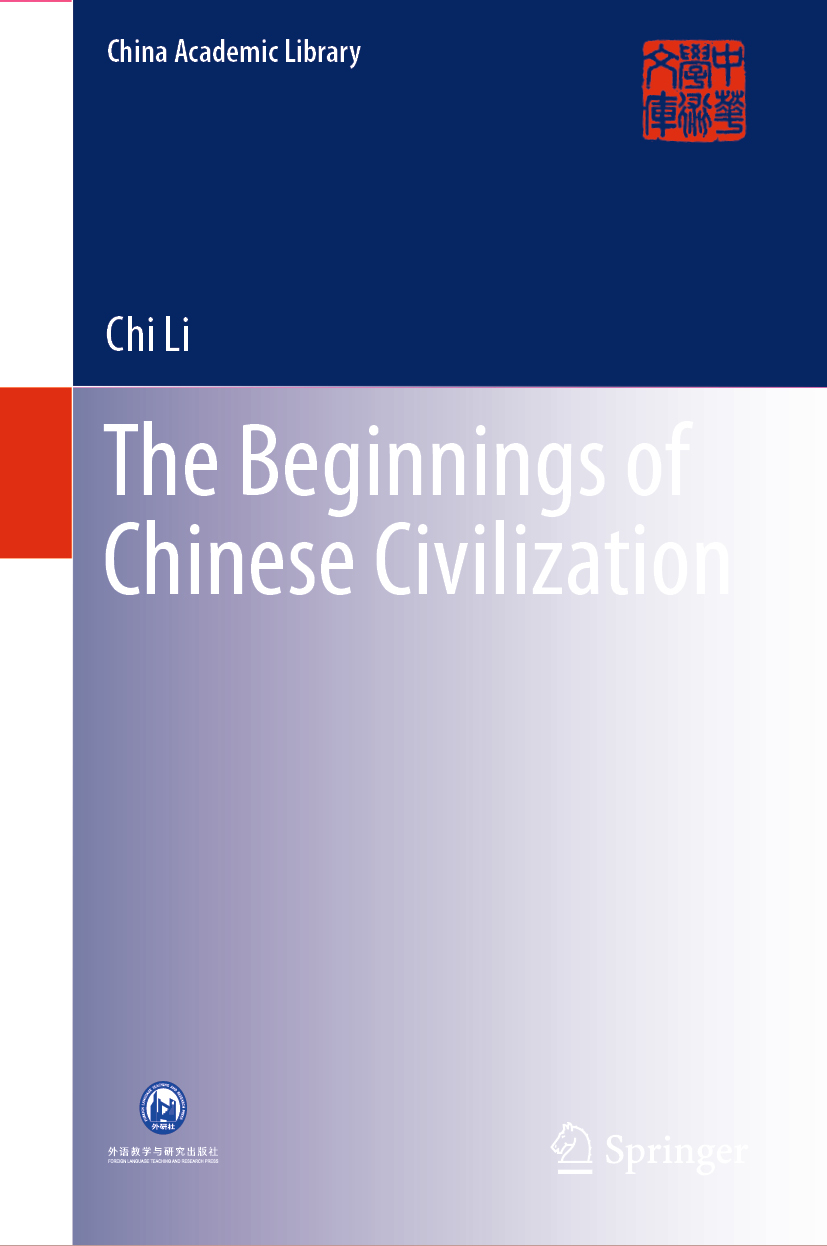
This book series collects, organizes and presents the master pieces in contemporary China studies. Titles in this series include those by Chinese authors who studied and worked abroad during early times whose works were originally in English and had already made great impacts in the Western world, such as Hu Shi, Fei Xiaotong and others; as well as works by more recent authors, Chinese and non-Chinese, that are of critical intellectual importance in introducing and understanding the transformation of the modern Chinese society. A wide variety of topics are covered by the series, from philosophy, economics, and history to law, cultural geography and regional politics. This series is a key English language resource for researchers and students in China studies and related subjects, as well as for general interest readers. The book series is a cooperation project between Springer and Foreign Language Teaching and Research Publishing Co., Ltd.
Academic Advisory Board:
Researcher Geng, Yunzhi, Institute of Modern History, Chinese Academy of Social Sciences, China
Professor Han, Zhen, Beijing Normal University, China
Researcher Hao, Shiyuan, Institute of Ethnology and Anthropology, Chinese Academy of Social Sciences, China
Professor Li, Xueqin, Department of History, Tsinghua University, China
Professor Li, Yining, Guanghua School of Management, Peking University, China
Researcher Lu, Xueyi, Institute of Sociology, Chinese Academy of Social Sciences, China
Professor Tang, Yijie, Department of Philosophy, Peking University, China
Professor Wong, Young-tsu, Department of History, Virginia Polytechnic Institute and State University, USA
Professor Yu, Keping, School of Government, Peking University, China
Professor Yue, Daiyun, Department of Chinese Language and Literature, Peking University, China
Zhu, Yinghuang, China Daily Press, China
Series Coordinators:
Zitong Wu, Editorial Board of Foreign Language Teaching and Research Press
Leana Li, Springer
More information about this series at http://www.springer.com/series/11562

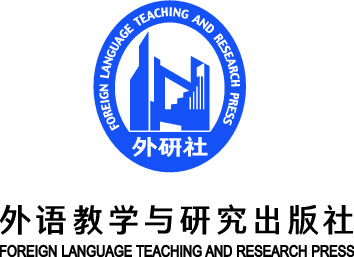
Jointly published with Foreign Language Teaching and Research Publishing Co., Ltd
The print edition is not for sale in China Mainland. Customers from China Mainland please order the print book from Foreign Language Teaching and Research Publishing Co., Ltd.
This Springer imprint is published by the registered company Springer Nature Singapore Pte Ltd.
The registered company address is: 152 Beach Road, #21-01/04 Gateway East, Singapore 189721, Singapore
After almost 60 years, first as the father and later as the dean of Chinese archaeology, Li Chi has left indelible contributions to the science of humankind and of history, and his thinking still dominates his discipline in China.
Born in Hupei, Li Chi grew up at home and in Peking at a time when the old country, forced by encounters with the West, was taking its initial steps on the long road to modernization. Then, as now, bright young students were sent to Western countries to learn their scientific secrets. After his graduation from the elite Tsinghua Academy, Li Chi was sent to the United States, where he studied psychology and sociology at Clark University in Worcester, Massachusetts, and then anthropology at Harvard. According to an interview with Wilma Fairbank in 1977, Li Chi said that he went to Clark because a psychology teacher at Tsinghua, a Dr. Wolcott, had told him that Clark was the place to be for psychology. While at Clark, Li Chi developed the habit of spending every Saturday morning browsing in the open shelves of the library. There he happened upon anthropology books and was fascinated by this subject, of which he had had no previous knowledge. At Harvard, where he earned a doctorate in 1923, Li Chi studied with Hooton, Tozzer, and Dixon, and from these three mentors, he learned, respectively, physical anthropology, archaeology, and ethnology, all of which he made use of, both in his doctoral dissertation (1928) and in his subsequent 60-year career in China.
From 1923, when he returned to China, to 1928, Li Chi was the typical university professor-cum-research scholar in the American mold. He taught at Nan-kai University in Tientsin (19231925) and then at his alma mater Tsinghua Academys new Graduate Research Institute (19251928). From 1925 to 1926 he undertook the excavation of a Neolithic Yang-shao culture site at Hsi-yin-tsun in Hsia Hsien, southern Shansi, under the joint auspices of the Tsinghua Institute and the Freer Gallery of Art, Washington D.C., becoming the first Chinese scholar to dig an archaeological site.
The year 1928 was a turning point in Li Chis life, and it was a turning point in Chinese archaeology and historiography as well. To appreciate fully the significance of events surrounding Li Chi beginning in 1928 we must go back some 30 years, to 1899, 1 year before the Boxers and the Allied Invasion which wrought Imperial Chinas ultimate humiliation in the face of the industrial and military might of the West. In that year oracle bone inscriptions of the Shang (or Yin) Dynasty (17661122 B.C.) came to the attention of ancient historians for the first time since the dynastys fall 3,000 years previously, and during the next 30 years, Shang scholars within and outside of China became fascinated by this new historiographic source material and launched extensive efforts to track down the bones floating on the antiquities market. Before long, the scholars became aware that these inscribed bones had come from Yin Hs, the ruins of the Yin Dynasty, long known to be on the banks of the river Huan, near the modern city of An-yang, in northern Honan.
Font size:
Interval:
Bookmark:
Similar books «The Beginnings of Chinese Civilization»
Look at similar books to The Beginnings of Chinese Civilization. We have selected literature similar in name and meaning in the hope of providing readers with more options to find new, interesting, not yet read works.
Discussion, reviews of the book The Beginnings of Chinese Civilization and just readers' own opinions. Leave your comments, write what you think about the work, its meaning or the main characters. Specify what exactly you liked and what you didn't like, and why you think so.

